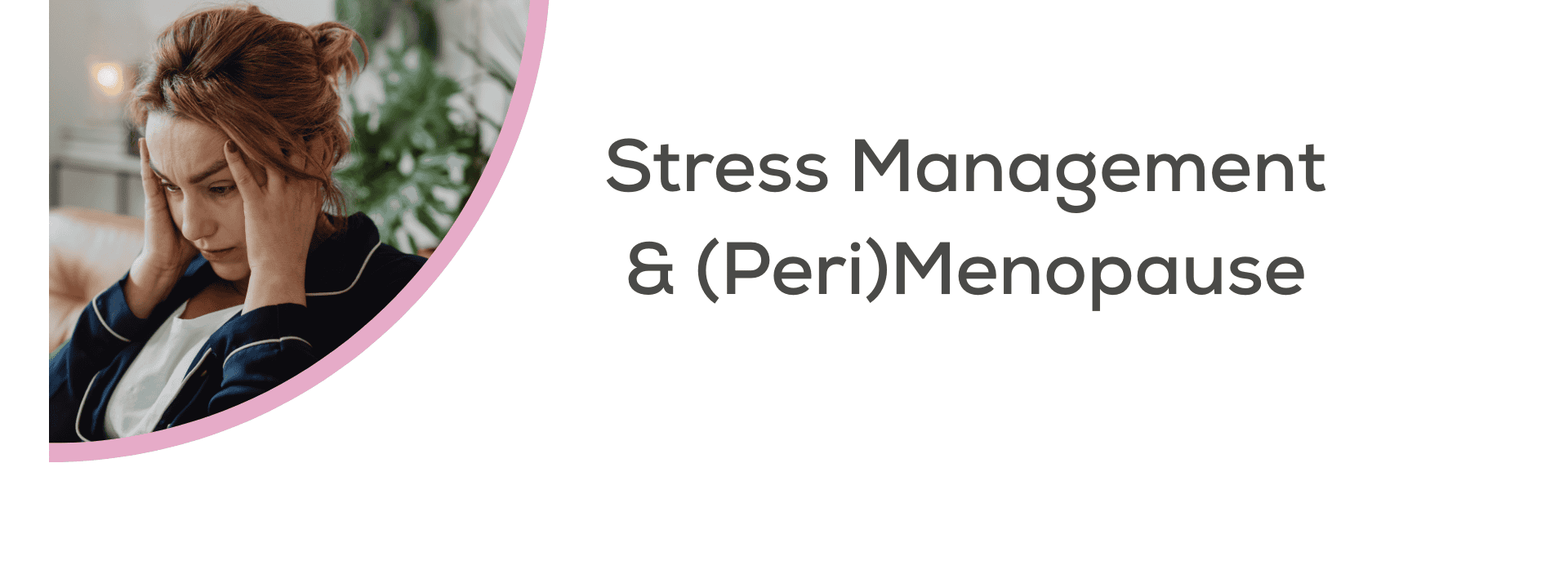How do hormones affect our brain?
Cognitive decline is common during the transition into menopause. Symptoms such as forgetfulness and delayed verbal memory, reduced verbal processing speed and general brain fog are common amongst (peri)menopausal women. In this blog we take a closer look at the individual hormones and how they affect our brain’s health.
Estrogen
Just like in all other organs, estrogen receptors are found in the brain. Estrogen stimulates the brain and supports growth of new cells. It also helps the existing cells to remain fired up and connected to one another.
At menopause and with falling estrogen levels the overall energy levels of brain declines. This is because estrogen helps brain cells produce energy by burning glucose inside the cells. With the decline in estrogen levels, brain cells can no longer produce the same level of energy as before and so brain fog starts.
Testosterone
Testosterone is another very important hormone in brain function which is made by all women as well as to a higher quantity by all men. It helps with decision making, clarity of thought and mental sharpness. It strengthens nerve cells in the brain and the blood vessels which supply blood to the brain. This is vital to protect against memory loss.
Replacing hormones which are declining at perimenopause is crucial in keeping these symptoms away and to prevent early onset neurodegenerative disease such as dementia.
Other factors that can help maintain brain health
Other important measures to maintain brain health and prevent early cognitive decline are outline below:
- A brain friendly diet is one that is rich in poly-unsaturated fats e.g Omega 3 and 6.
- Some foods which include high omega fatty acids are: fish, walnuts, brazil nuts and eggs.
- Vitamins A, C and E are antioxidant and important for maintenance of a healthy brain. This is because as the brain uses glucose to make energy, it produces free radical which can contribute to the ageing process of the brain. By making sure that the free radicals are mopped up by antioxidants, we can help slow down the ageing process.
- Exercise can also help improve brain function and health. Exercise should be done regularly so it is important to spend some time researching what types of exercise is most enjoyable and practical for you so you can maintain it in the long term.
- Sleep length and quality are so important for a healthy brain. Lack of hormones at perimenopause and menopause causes significant problems both with falling asleep and with maintenance of sleep. It’s important to tackle this problem early on in the menopause journey as it can be beneficial to so many other aspects of symptom management. A deep, continuous sleep for 6-8 hours per night helps with brain function as well as with energy levels and mental wellbeing.
Summary
In conclusion, for better future brain health, (peri)menopausal women should discuss their symptoms with expert healthcare professionals who can assess their risk to benefit ratio and advise them on the best line of treatment.
If you’re concerned about the mental health symptoms during perimenopause and menopause and would like to find out how OMC’s personalised treatment plans can help you, get in touch via our Contact page or Request a Callback with an experienced menopause doctor.




